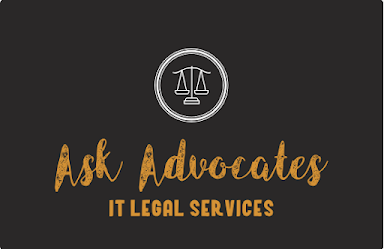What to do if you're arrested?
If you're arrested, it's important to remember that you have certain rights. These rights include the right to remain silent, the right to an attorney, and the right to a fair trial. You should exercise these rights and not say anything until you have an attorney present. If you cannot afford an attorney, one will be provided to you.
After you're arrested, you'll be taken to a police station and booked. This process includes taking your fingerprints and photograph, as well as recording your personal information. You may also be searched for drugs or weapons.
What happens during a trial?
If your case goes to trial, it will be presided over by a judge and decided by a jury. The prosecutor will present evidence against you, and your defense attorney will work to refute that evidence and present a defense. You may also be called to testify on your own behalf.
If you're found guilty, you'll be sentenced by the judge. This can include fines, probation, or jail time. If you're found not guilty, you'll be acquitted and released.
Options for defending yourself:
If you're facing criminal charges, you have several options for defending yourself. These include:
1. Pleading guilty: If you believe the evidence against you is strong, you may choose to plead guilty. This can result in a lesser sentence than if you're found guilty at trial.
2. Negotiating a plea bargain: You and your attorney may be able to negotiate a plea bargain with the prosecutor. This can result in a reduced sentence or lesser charges.
3. Going to trial: If you believe you're innocent or the evidence against you is weak, you may choose to go to trial. This can be a risky option, but it may be necessary to clear your name.
Conclusion :
Facing criminal charges can be a stressful and overwhelming experience. However, by understanding the legal process and knowing your rights, you can better navigate the situation. If you're facing criminal charges, it's important to speak with an experienced criminal defense attorney as soon as possible. They can help guide you through the process and work to ensure the best possible outcome for your case. Remember, everyone is innocent until proven guilty, and you have the right to a fair trial.
At Rajendra Law Office LLP., we have years of experience representing clients in criminal cases. Our team of knowledgeable attorneys can help you understand the charges against you and work to minimize the impact they have on your life. We'll be with you every step of the way, from the initial arrest to the final verdict.
Other Vital Posts
Don't face criminal charges alone. Contact us today to schedule a consultation and get started on your defense.
Author: Advocate Swetha Gunasekaran


.jpg)